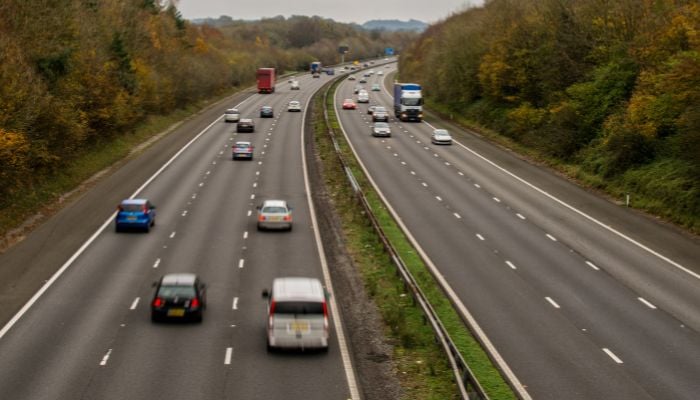
Federal Minister for Communications Abdul Aleem Khan has revealed concrete plans to upgrade Pakistan's motorway infrastructure with non-opaque travel and AI-monitored, digitised systems, to make it compliant with global practices.
"The work starts immediately," the minister stated while at the National Highway Authority (NHA) headquarters, announcing that AI systems will first be put in place on the M-1 and M-2. These smart systems will automatically detect traffic violations such as speeding and send real-time text alerts to vehicle owners.
Khan emphasised that the traditional practice of motorway police chasing vehicles must end, as it creates safety hazards. “Technology should take over enforcement,” he stated, adding that this step will make highways safer and more efficient.
Key items under proposed plan:
- Barrier-free motorways: To implement digital out-of-file collection, we've eliminated the need for any toll booths and toll plazas to reduce travel time delays.
- AI detection: These systems will detect violations and issue real-time digital alerts.
- Digital revenue streams: Toll Plaza Auctions will all be digitised.
- Commercial framework: Will implement standard terms and conditions for business along the highways.
- Land use fees: NOCs will be charged fees based on the size of the city and the nature of the activity.
- Green initiatives: Will also launch a major tree planting and farming initiative involving the private sector.
The minister said this type of setting will eliminate congestion points, as well as create a community or a reputation for travelling safely. AI-powered monitoring is expected to significantly lower road accidents by minimising risky chases, while digital tolling will cut travel delays and make revenue collection transparent.
Public feedback will be sought during the implementation phase to ensure a commuter-friendly motorway system.
















